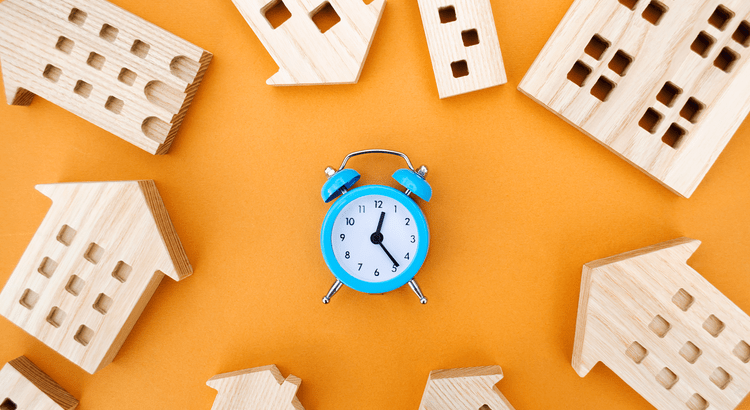
Don’t Miss This Prime Spring Window To Sell Your House
According to Realtor.com, the best week to list your house this year was April 13–19. And since that week has come and gone, you might be wondering: did I miss my chance? Not at all – and here’s why. That’s just one source’s take, based on their own research. Other organizations run similar studies

Here’s What a Recession Could Mean for the Housing Market
Recession talk is all over the news, and the odds of a recession are rising this year. And that leaves people wondering what would happen to the housing market if we do go into a recession. Let’s take a look at some historical data to show what’s happened in housing for each recession going all t

The Best Week To List Your House Is Almost Here – Are You Ready?
If selling your house is on your to-do list this year, the time to start prepping is now. That’s because experts say the best week to list your house is coming up fast. A recent Realtor.com study analyzed years of housing market trends (excluding 2020 since it was an outlier) and found that April
Categories
Recent Posts










